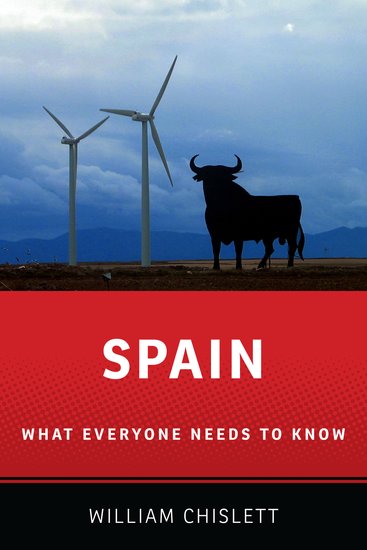The Detroit bankruptcy and the US Constitution
By Susan P. Fino
Bankruptcies of state governmental entities are relatively rare. Until the Detroit bankruptcy the largest example was a county. In the 1970s, two cities came close to the edge—New York and Cleveland—but both managed to find a way back from the precipice.









